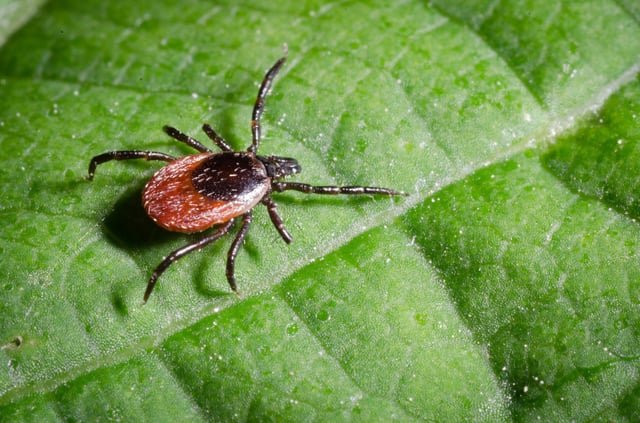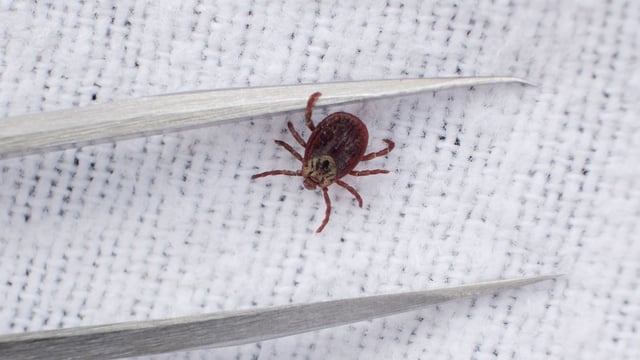Overview
- Unusually mild winter and warmer temperatures have led to extreme year-round tick activity across Germany, with June surveillance reporting record counts.
- Robert Koch-Institut has designated 183 districts as FSME-risk areas after early spring cases signaled expanded virus circulation.
- Borreliose infections have surged sharply, especially in Saxony where case numbers are climbing above seasonal averages.
- Just 19% of residents in FSME-risk zones are fully vaccinated, prompting Ständige Impfkommission guidance and intensified public health outreach.
- Health agencies advise rapid tick removal, use of protective clothing and repellents, and thorough inspections of children’s hairline, nape and behind the ears to reduce infection risk.



